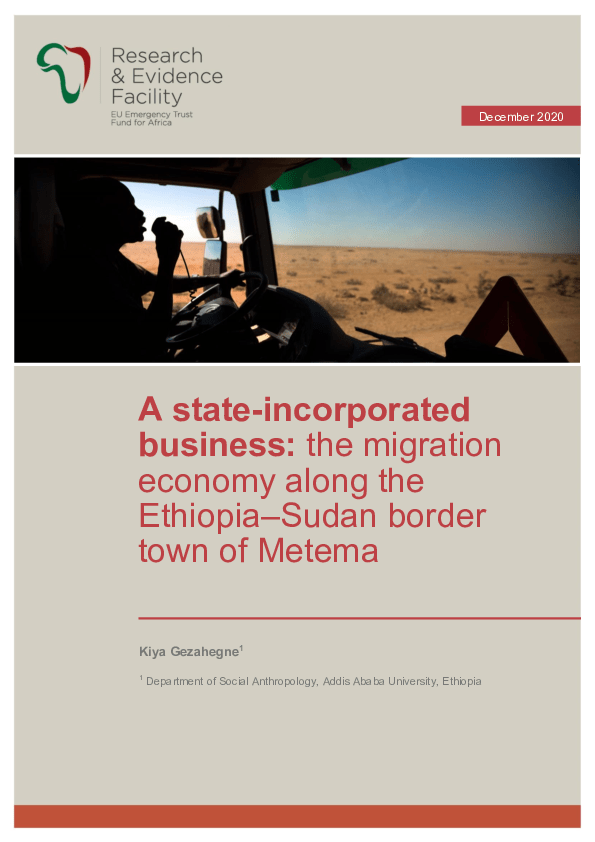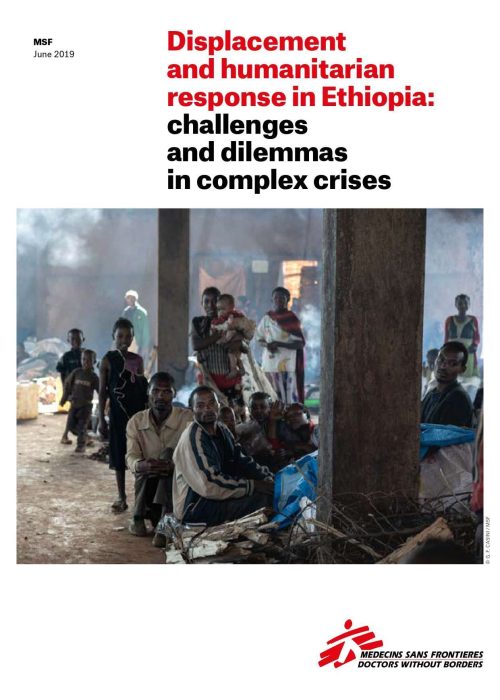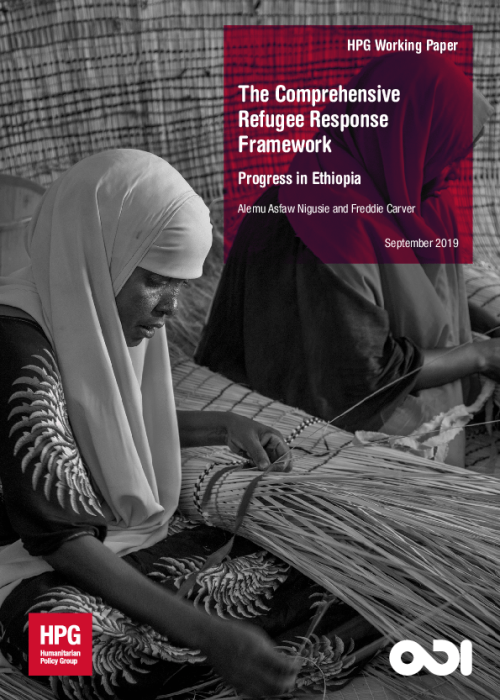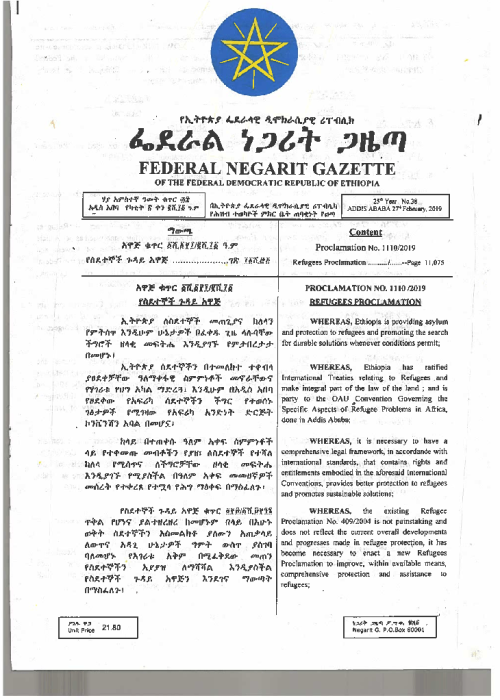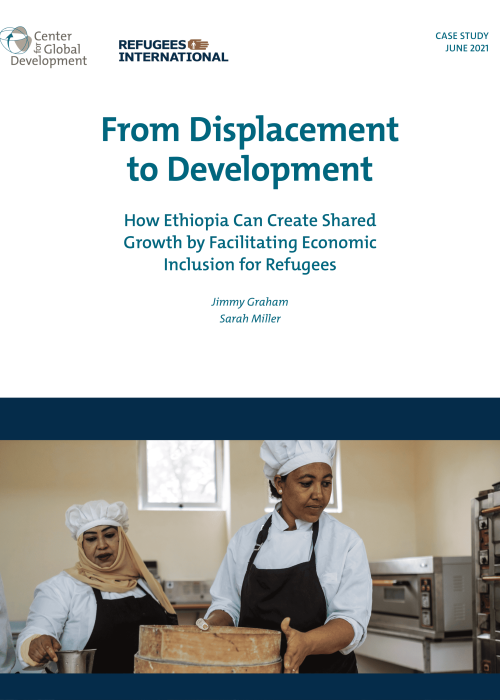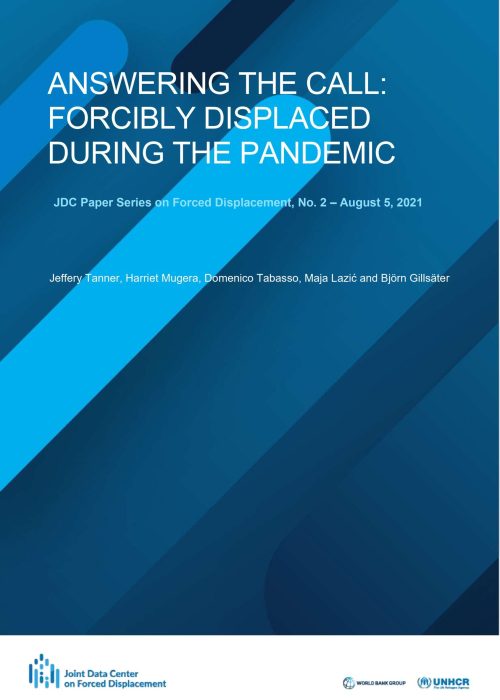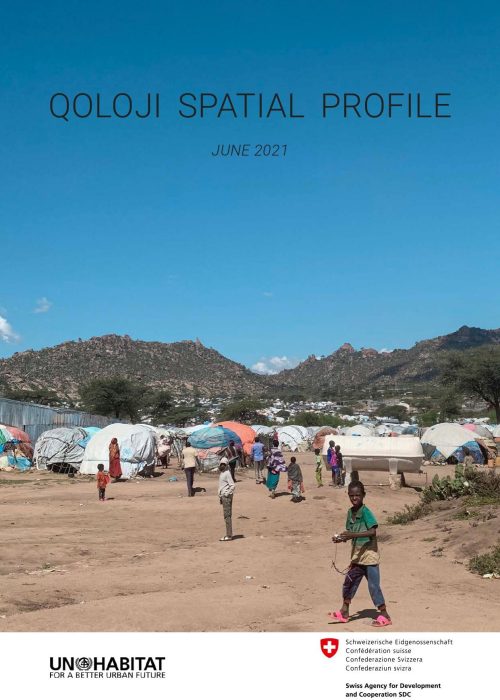This paper explores how some members of the state, and brokers, are involved in this business of migrant mobility, including in human smuggling and trafficking. It shows how government attempts to stop irregular migration have opened a route that is less safe for migrants. In addition, anti-human trafficking initiatives taken by the state are driving up the market value of human smuggling, making it more expensive for migrants and more profitable for those involved in the business. By analysing evidence gathered from Metema, the paper considers the changes in migrants’ value and safety brought about by state actions.
| Author(s) | |
|---|---|
| Funded By | |
| Geographic Coverage | |
| Pages | |
| Publishing Organizations | |
| Theme | |
| Type of Study | |
| Year Published |
